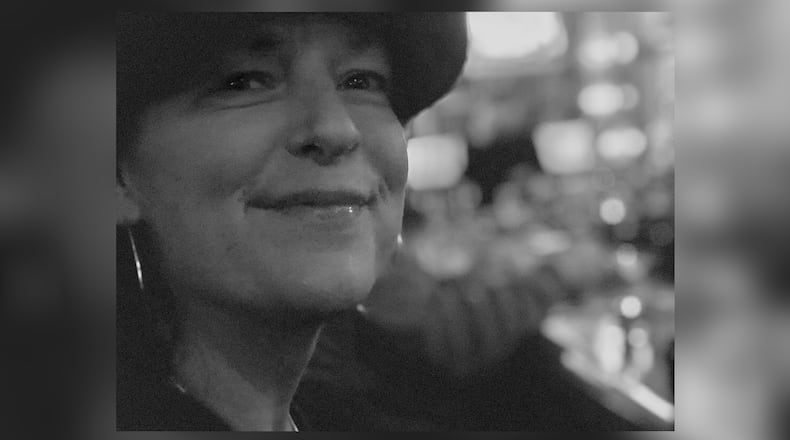“Cast of characters” is Robin’s phrase, and I accept it with endearment. I started working at Trolley exactly three days before the Covid pandemic shutdown. I was in training, and then I was unemployed. And during that time of confusion and upheaval, Robin and Dani still cared more about their employees than the bottom line.
If we were struggling with food, they said, come and eat. If anybody needed groceries that day or supplies, someone on the team was making a run. Who needed something? This is how they treated me after knowing me for three days. What could they do for us? How could they help?
This is the way they have always treated their employees and customers.
When the restaurants reopened, a few marked differences made the Trolley Stop unlike any other place I had worked. Nobody ever used the word “food costs” against us as a threat. Nobody from the top ever complained about “liquor costs” and our “irresponsibility” as employees. Instead, the employee handbook said, “No gossip. We are a team. Help each other. It’s all of our jobs.”
If you are hungry, they said, eat. This is a restaurant. We have food. In the first ever staff meeting I attended they said, “This is how we’re thinking of operating...what do you think?”
The Trolley Stop has always supported local music, independent artists, and charities. We loudly celebrate Pride. It is the first restaurant I worked at where, no matter the higher costs and the extra labor, they used locally sourced ingredients, recyclable to-go containers and biodegradable ‘plasticware,’ and have always made the extra effort to recycle glass bottles and cans.
We were the last in the neighborhood to raise our menu prices after the supply chain crisis, because Robin wanted our food to be affordable for everyone. Still, the business thrived.
Trolley is a place where working class older folks gather on Fridays for happy hour, where teachers come for dinner after long days of school. Where couples have first dates on the ivy-laden patio. Where other district employees stop for dinner before work. Where college students gather on weekends to socialize and play pool. Where travelers stop in for healthy food and the historic building. Where families visit for special events and inexpensive kids’ meals.
Where even the squirrels have their own table and snacks, and the birds will steal chips from an unattended plate, because they have houses in the neighborhood, too. Where Chris Sassenberg nurtured his own colorful coy pond.
These have been Trolley Stop’s messages to us: You are welcome here. You are safe. What can we do for you? How can we help? My coworkers are a second family. We have fun working hard; we support each other. They have carried me through loss and grief. And we have done our best to extend this to our customers.
I am deeply saddened at this end of an era.
The Trolley Stop is changing hands. The passing of Chris Sassenberg, Robin’s late husband and co-owner, left a mark of loss on us all. Running a restaurant is an incredible time and energy investment, and Robin is understandably retiring. For now, some of we characters are staying around, bringing food and making drinks.
Those of us who have been in the restaurant business long enough to have made careers out of it, know that this kind of owner/management team is unique and unsurpassed in terms of compassion, understanding, and support.
We are hoping the new owners will be equally interested in the wellbeing of our staff and community. But we also know this is so rare. They will have big shoes to fill. And hopefully they’ll have big enough hearts.
Whitney Bell is a writer, editor, and educator who has been a proud member of Team Trolley for the past four years.
About the Author

